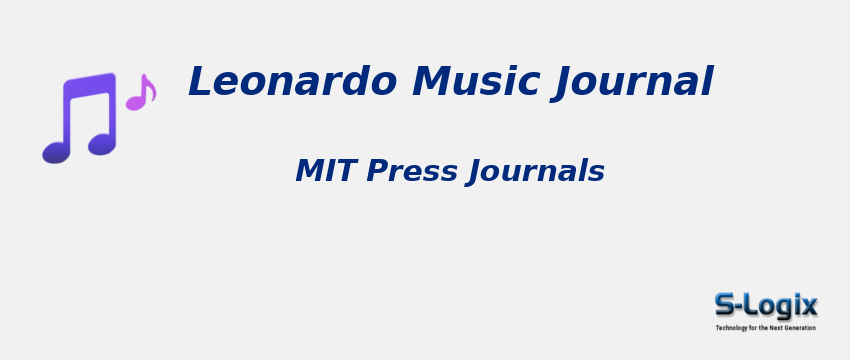Journal Home: Journal Homepage
Editor-in-Chief: Michael Punt
Print ISSN: 09611215
Electronic ISSN:
Abstracting and Indexing: Scopus
Imapct Factor :
Subject Area and Category: Arts and Humanities, Music, Computer Science, Computer Science Applications, Engineering, Engineering (miscellaneous)
Publication Frequency:
H Index: 18
Q1:
Q2:
Q3:
Q4:
Cite Score: 0.4
SNIP: 0.530
Journal Rank(SJR): 0.124
Latest Articles: Latest Articles in Leonardo Music Journal
Guidelines for Authors: Leonardo Music Journal Author Guidelines
Paper Submissions: Paper Submissions in Leonardo Music Journal
Publisher: MIT Press Journals
Country: United States
